


The FEREDE is “deeply concerned” about the suffering of children and elderly and prays for “the resumption of serious negotiations leading to a just and sustainable peace”.

Evangelical churches across the country have gathered "to pray that God will protect and bring peace to both sides", the Evangelical Alliance of Israel says.
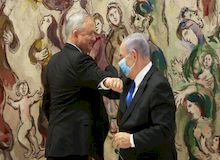
New elections are due to be held on 23 March. “It is not so much a division over political ideologies but a referendum on Netanyahu's leadership”, Israeli evangelicals say.
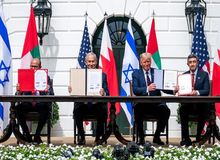
The White House hosted the signing of the “Abraham Accords”, which will allow “Arabs and Israelis, Muslims, Jews, and Christians to live together, dream and pray together”.
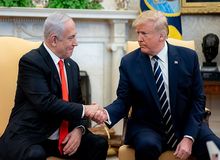
The agreement suspends Israeli annexation plans in the West Bank and normalises the diplomatic relations between the two countries.
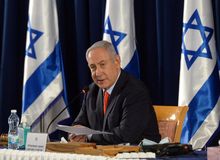
Many inside and outside Israel raised their voices against the plan. Israeli evangelicals “do not see as part of our call to make political statements of any kind”.
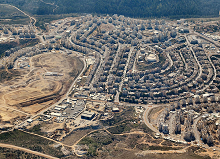
The World Evangelical Alliance admits there are “wide-ranging views” on the issue, but believes Netanyahu’s plans are “detrimental for Israelis and Palestinians alike”.

The proposal has been rejected internationally. “It is not a peace agreement, but just a ‘vision’ or ‘plan’, and that does not mean much to Israel”, a Israeli professor of international relations says.

More than 45 world leaders gathered in Jerusalem to commemorate the 75th anniversary of the liberation of Auschwitz. They publicly committed to never forget the lessons of the Holocaust.

Likud and Blue and White parties tied with 35 seats each, but almost all right-wing parties will recommend Netanyahu to form the next government. He has been indicted on bribery and fraud.

At least 55 Palestinian protesters die in clashes with Israeli troops in Gaza. The “alliance between the US and Israel is stronger than ever”, Prime Minister Benjamin Netanyahu says at the opening ceremony.

“It is the right thing to do”, the US President said. He also announced the move of the the US embassy from Tel Aviv to Jerusalem.

The motion condemns Israel on several issues regarding Jerusalem and its holy sites. Due to Israeli efforts, no European country backed the motion.

Voter turnout (71,8%) was the highest since 1999. Women and Arab representatives are also seen as ‘winners’ of the election. Both Likud and Zionist Union will try to form government coalitions.

Las opiniones vertidas por nuestros colaboradores se realizan a nivel personal, pudiendo coincidir o no con la postura de la dirección de Protestante Digital.